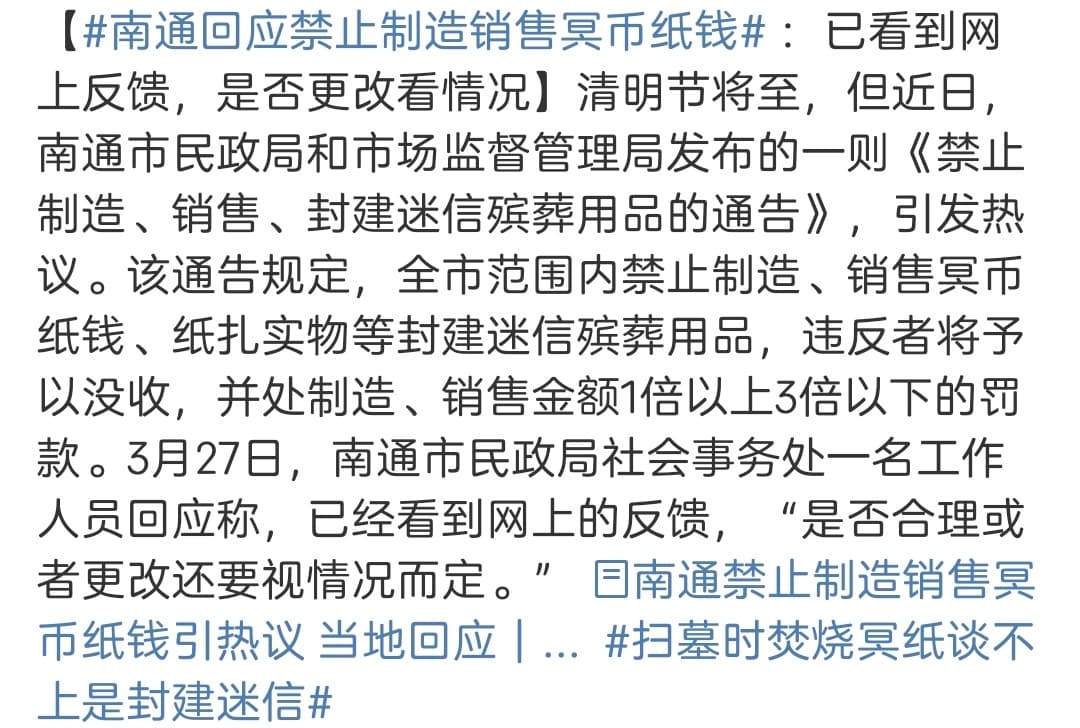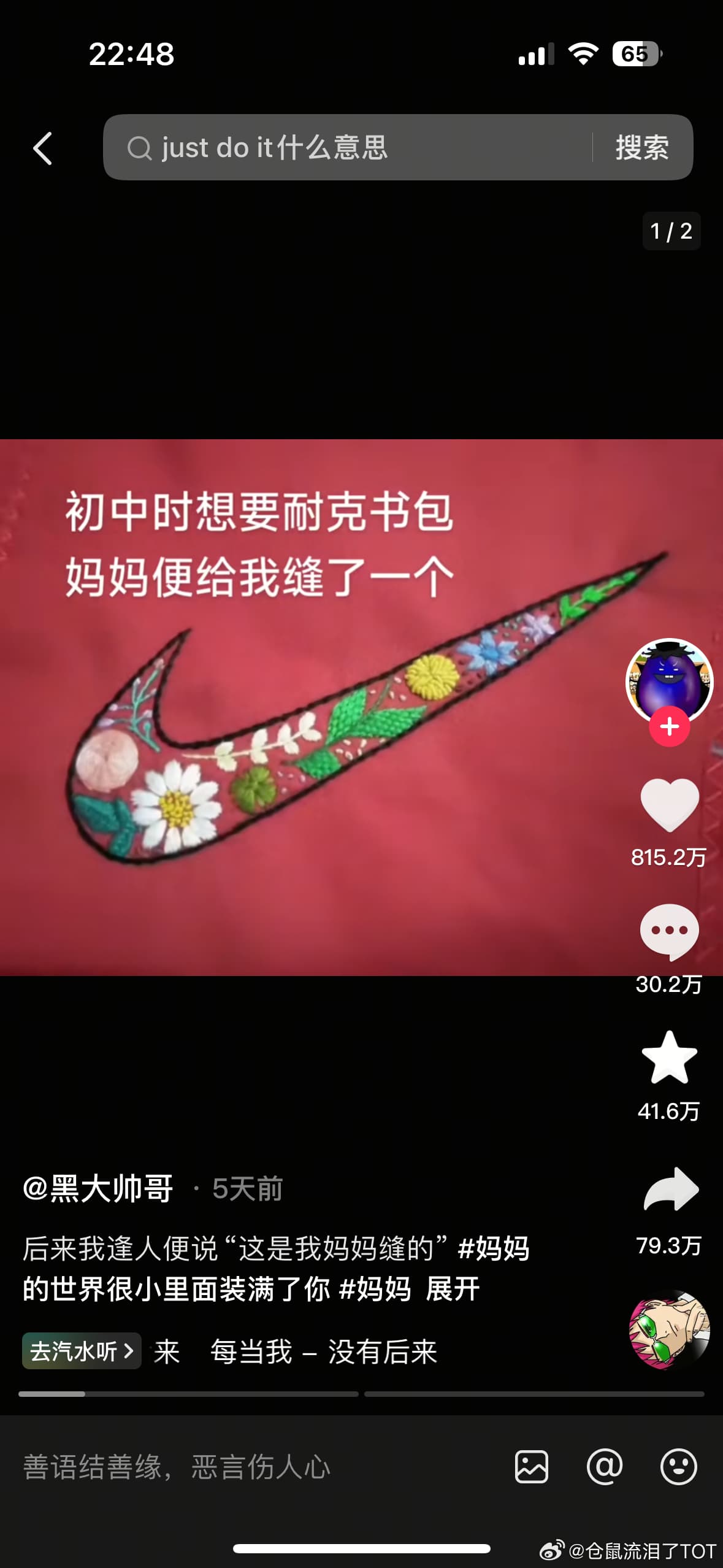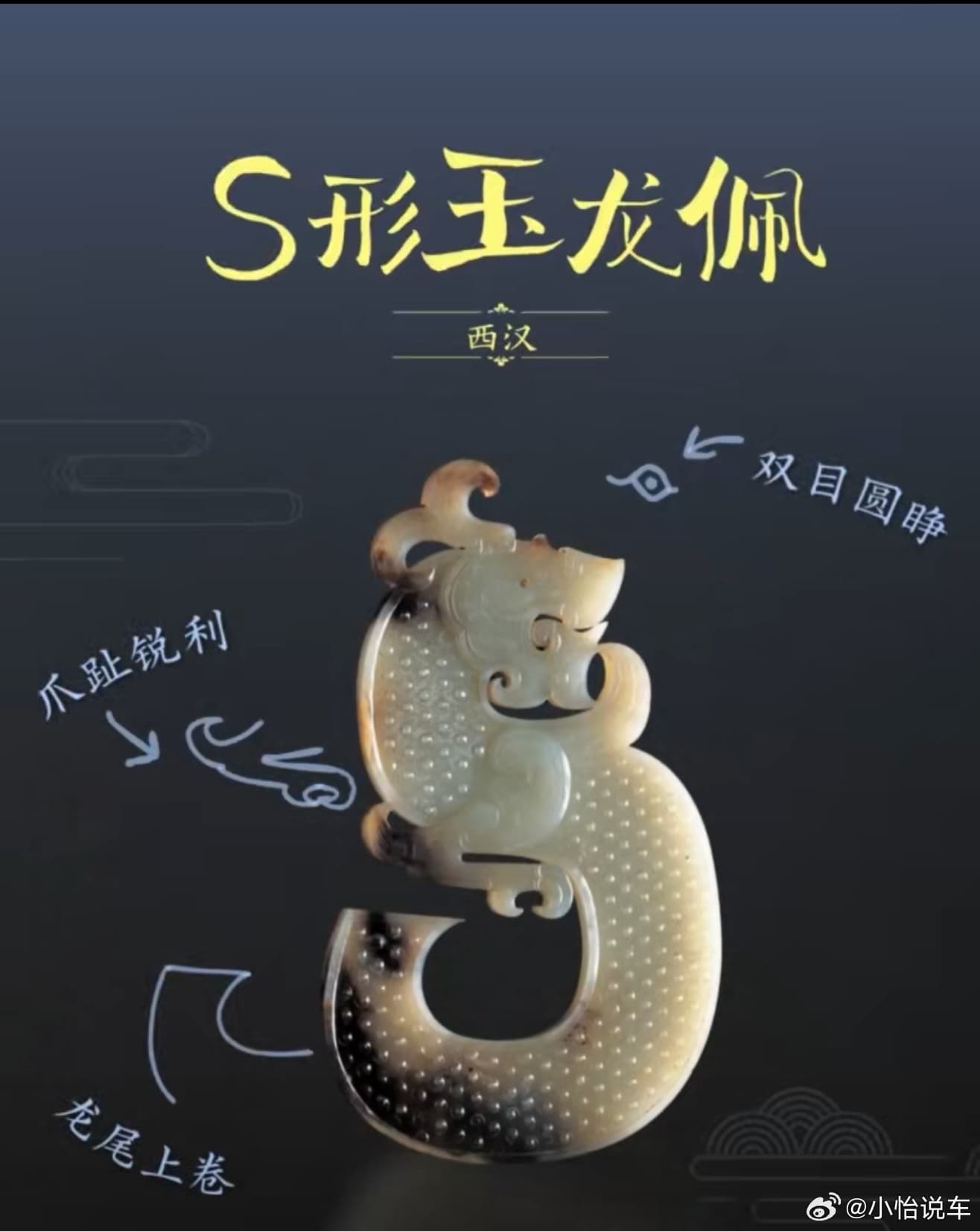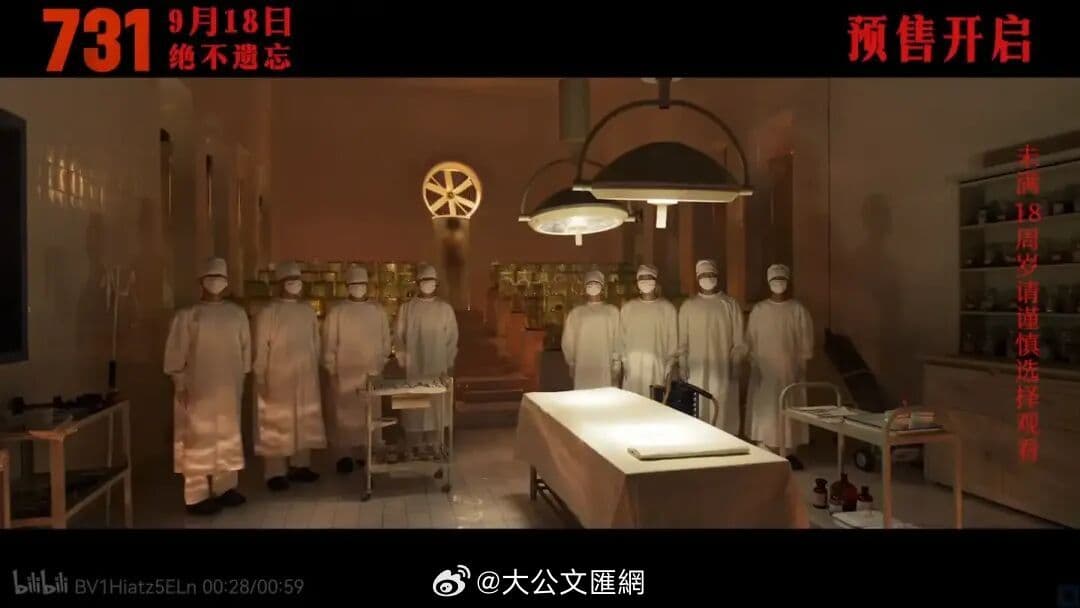Chinese City Nantong Stirs Controversy with Ban on Traditional Funerary Items
In a surprising move, the city of Nantong in China has recently implemented a ban on the production and sale of traditional funerary items, such as 'joss paper' or 'spirit money', leading to heated discussions on Weibo, China's popular social media platform.

28 March 2024
The decision, announced just before the Qingming Festival, a time when people traditionally pay respects to their ancestors, has sparked controversy and even confusion among the local population. The ban, which includes paper money, paper effigies, and other superstitious funeral items, is part of an effort to modernize funeral practices and promote a more secular approach to death and mourning. However, many citizens argue that this decision infringes upon their cultural traditions and religious beliefs, leading to a tense standoff between the local government and its constituents. The news first broke when the Nantong Municipal Bureau of Civil Affairs and the Market Supervision Administration issued a notice on March 26, stating that "the manufacturing and selling of superstitious funeral items, such as paper money and paper effigies, is now strictly prohibited within the city limits." Violators of this new regulation will face confiscation of their goods and fines equivalent to one to three times the value of the items sold.
As the news spread, netizens took to Weibo to express their opinions on the matter. Some praised the decision, seeing it as an opportunity to break free from outdated traditions and embrace a more progressive mindset: * "Good riddance to these superstitious practices. It's time for our society to move forward and leave these archaic customs behind." * "I'm all for modernization and getting rid of backward traditions. This is a step in the right direction."
However, others were less enthusiastic about the change, accusing the government of being insensitive to the cultural and religious beliefs of its citizens: * "This is an outrage. Our traditions and beliefs are being disregarded and disrespected by those in power." * "How can they just take away something so important to our culture and heritage? This is a slap in the face to our ancestors." The local government, seemingly aware of the backlash, has attempted to clarify its position, stating that the ban only applies to the production and sale of the items, and not their usage.
However, many Weibo users remain unconvinced, pointing out the apparent contradiction in the new regulation: * "How can we use something that we can't buy? This is just a way for them to control us and our beliefs." * "They're playing a word game here. Sure, we can still use the items, but how are we supposed to get them if they're banned from being sold?"
In an attempt to quell the growing unrest, a spokesperson for the Nantong Municipal Bureau of Civil Affairs addressed the public, stating that "the ban is intended to promote a more civilized and environmentally friendly approach to funerals and mourning practices. However, we understand the concerns of our citizens and are currently reviewing the situation to find a solution that respects both our cultural heritage and the need for progress." As the debate rages on, it remains to be seen how this situation will unfold. Will the local government stand firm on its decision, potentially alienating a large portion of its population, or will it back down and allow the traditions to continue? Only time will tell.
Share this article
Related Articles

Mother’s Hand‑Stitched Nike Backpack Goes Viral, Showcasing Love, Craftsmanship and Brand Authenticity in China
By Trending on Weibo
Culture
15 Sept 2025

China’s “National Treasure Highlights” Campaign Turns Heritage Into Global Soft‑Power and Consumer Brand】
By Trending on Weibo
Culture
13 Sept 2025

Mystery Meme: Unraveling China’s “Dissected 14 People, Crumbled by a Letter” Phenomenon】
By Trending on Weibo
Culture
8 Sept 2025

Chinese Netizens Turn Blood Moon Into Viral “Too Abstract” Meme
By Trending on Weibo
Culture
8 Sept 2025

From Song Dynasty Verse to 2024 Drama: The Enduring Echo of “Rain‑Laden Bells” in Chinese Culture
By Trending on Weibo
Culture
8 Sept 2025